The lifespan of a car battery can vary depending on several factors. On average, a car battery lasts around 3 to 5 years. However, the actual duration can be influenced by the following factors.
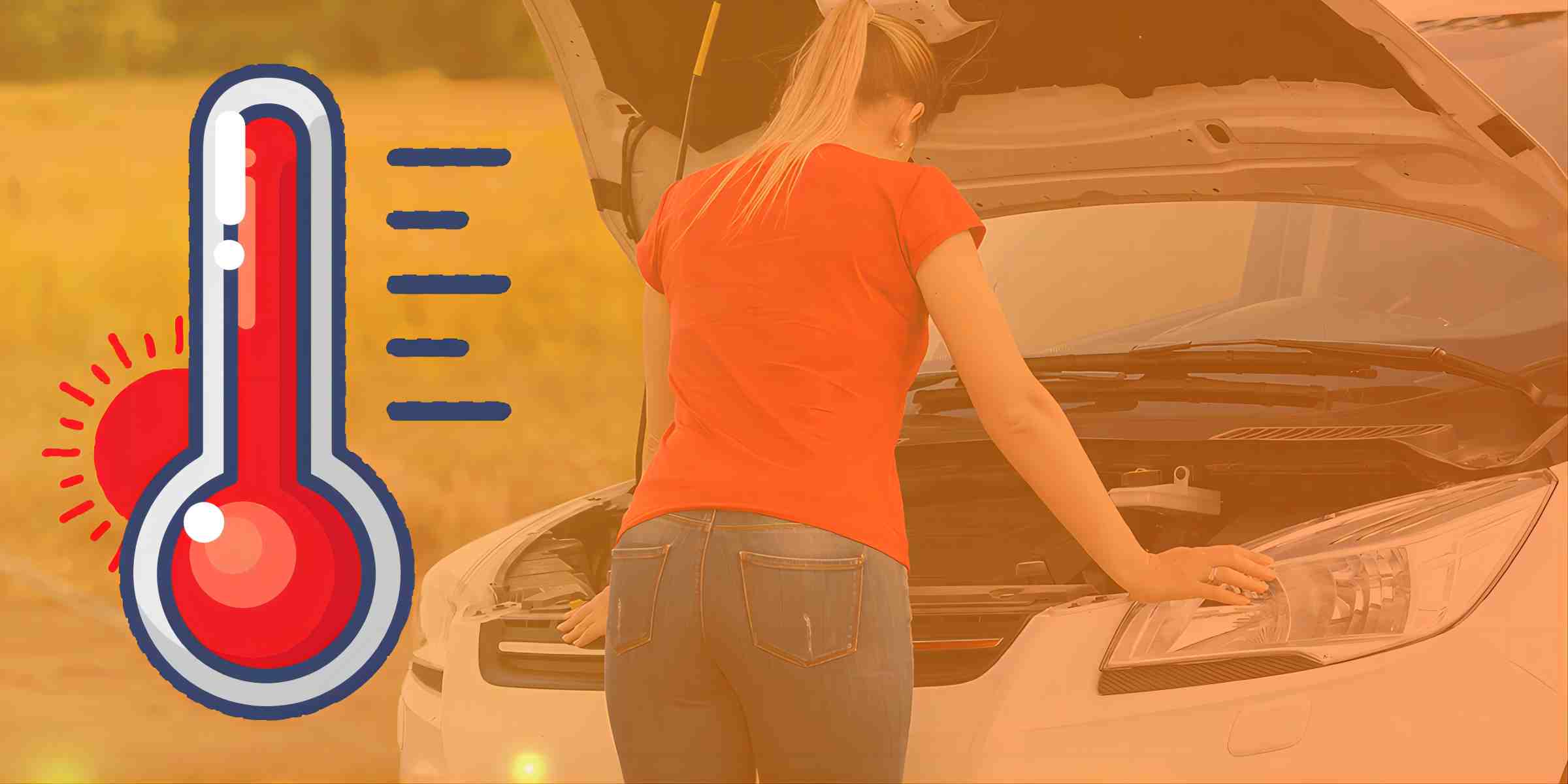
High temperatures accelerate the evaporation of electrolyte, the liquid solution inside the battery that facilitates the chemical reactions.The loss of electrolyte reduces the battery's capacity and can lead to internal damage.Heat speeds up the chemical reactions within the battery, causing it to work harder and age faster.This can result in a shorter lifespan.High temperatures contribute to the corrosion of battery terminals and sulfation on the battery plates. Corrosion and sulfation hinder the battery's performance and can lead to premature failure.

Cold temperatures slow down the chemical reactions inside the battery, making it harder for the battery to generate sufficient power.This can result in a weakened starting capacity during cold weather conditions.In cold weather, the internal resistance of the battery increases, impeding the flow of electricity and reducing the battery's ability to deliver power effectively.Cold temperatures reduce the battery's overall capacity, meaning it has less energy available for use.This can lead to a shorter runtime and potential starting difficulties in extreme cold.
The way an individual uses their car can have a significant impact on the lifespan of the car battery.
- Driving frequency: Infrequent use or short trips can prevent the battery from fully recharging.When the engine is running, the alternator charges the battery.If the vehicle is driven only for short distances, the battery may not have enough time to reach a full charge, leading to a gradual reduction in its overall lifespan.
- Idle time: Extended periods of idling without driving can strain the battery.While idling, the electrical systems and accessories draw power from the battery without the alternator's charging support.This can gradually drain the battery and reduce its capacity over time.
- Electrical load: The use of electrical accessories,such as headlights,air conditioning, or multimedia systems, places additional load on the battery.Continuous or extensive use of these accessories when the engine is off can drain the battery quickly and affect its longevity.
The average lifespan of a lead-acid battery ranges from 2 to 5 years.Conventional lead-acid batteries usually have shorter lifespans, while higher-quality batteries like deep-cycle lead-acid batteries can provide longer lifespans.
For electric vehicles (EVs), the average lifespan of a lithium-ion car battery is 8 years or 150,000 kilometers.
Nickel-metal hydride (NiMH) batteries typically have longer lifespans and can last for 5 to 10 years.
There are several signs that indicate your car may need a new battery.
- Engine cranking Issues: If you experience difficulty starting your car and notice a slow or sluggish cranking of the engine, it may be a sign of a weak battery.If the engine struggles to turn over or the starter motor sounds weak, it's likely time to replace the battery.
- Dimming headlights and electrical Issues: When the battery is nearing the end of its life, you may observe dimming headlights, interior lights, or dashboard lights.Additionally, you might encounter electrical issues like malfunctioning power windows, slow power seat adjustment, or a weak audio system.These symptoms often indicate a failing battery.
- Frequent jump starts: If you find yourself needing to jump-start your vehicle frequently, it's a clear indication that the battery is unable to hold a charge.While jump-starting can temporarily revive a dead battery, it's not a long-term solution, and you should have the battery checked and possibly replaced.
- Swollen or leaking battery case: Physical damage to the battery, such as a swollen or bloated case, or leaking electrolyte, indicates a serious problem.In such cases, it's crucial to replace the battery immediately to avoid further damage or potential safety hazards.
If you observe any of these signs, it's recommended to have your car's battery tested by a professional or visit an auto service center.They can assess the battery's condition and determine whether a replacement is necessary.
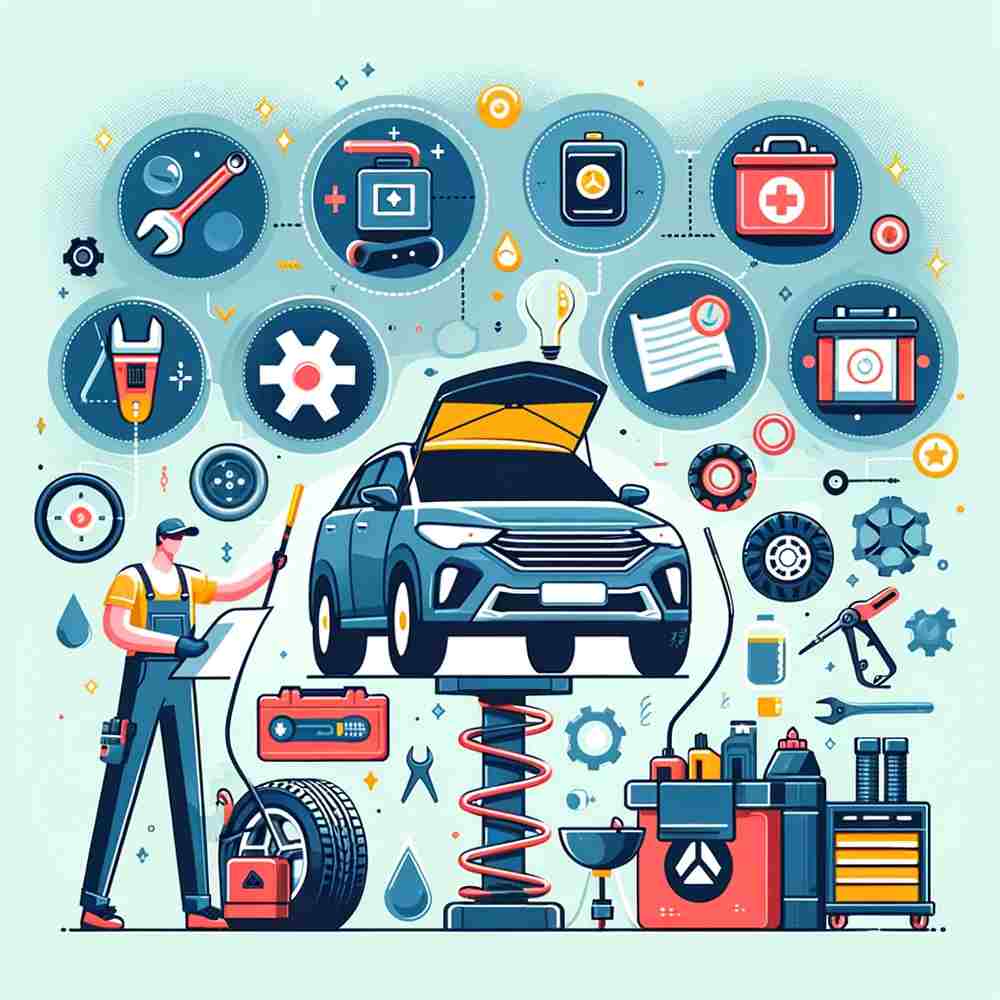
Regularly conducting a comprehensive inspection of your car battery is crucial.It allows for early detection of issues, ensuring reliable starting and maximizing the battery's lifespan.By identifying problems such as corrosion, loose connections, or sulfation, you can prevent unexpected breakdowns and save money in the long run.Taking the time to visually inspect for physical damage, check for signs of corrosion or leakage, ensure secure connections, and measure voltage and conductance can help maintain the battery's health and prevent inconvenience and potential safety risks.
NEWARE
47690 Westinghouse Dr, Fremont, CA 94539



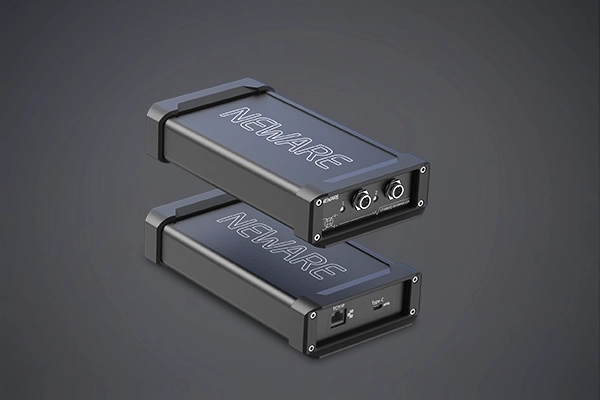
● Voltage&Current Accuracy:±0.01% F.S.
● Recording Frequency:100Hz
● Current Response Time:≤1ms
● Minimum Pulse Width:500ms
● Off-Line Test:1GB/CH
● Cycle Life, GITT Test, DCIR Test, dQ/dV Curve
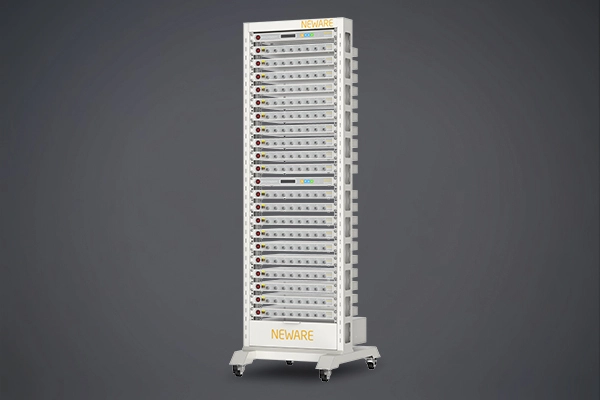
● Voltage & Current Accuracy:±0.01% F.S.
● Recording Frequency:10Hz
● Sampling Time:100ms
● Current Response Time:≤1ms
● Minimum Pulse Width:500ms
● Off-Line Test: 1GB
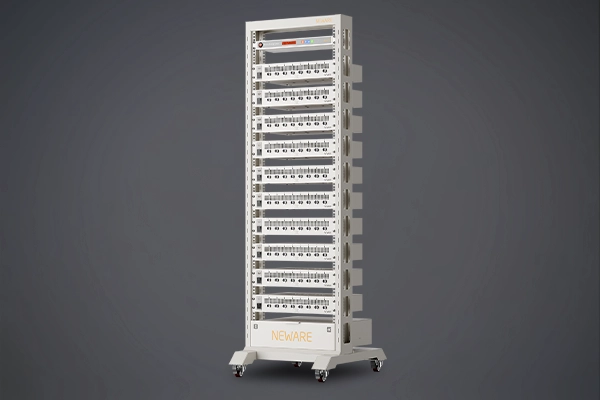
● Voltage & Current Accuracy:±0.05% F.S.
● Recording Frequency:10Hz
● Sampling Time:100ms
● Current Response Time:≤1ms
● Energy Efficiency:>65%
● Off-Line Test: 1GB
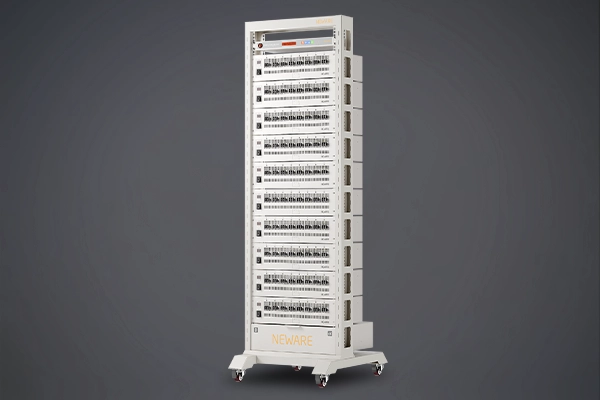
● Voltage & Current Accuracy:±0.05% F.S.
● Recording Frequency:10Hz
● Sampling Time:100ms
● Current Response Time:≤1ms
● Energy Efficiency:>65%
● Off-Line Test: 1GB

● Voltage & Current Accuracy:±0.05% F.S.
● Recording Frequency:10Hz
● Sampling Time:100ms
● Current Response Time:≤1ms
● Energy Efficiency:>65%
● Off-Line Test: 1GB
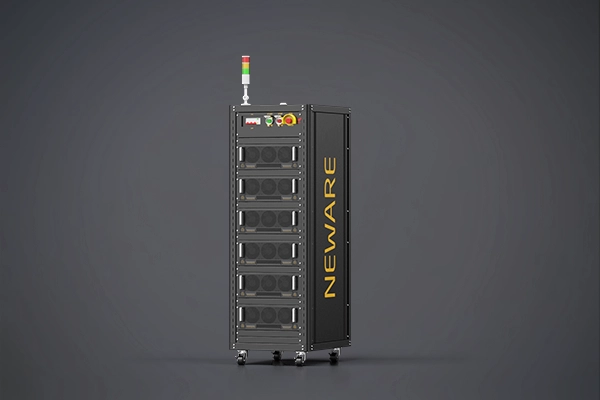
● Voltage Accuracy:±0.02% F.S.
● Current Accuracy:±0.05% F.S.
● Resolution Ratio AD/DA:16bit
● Current Response Time:≤1ms
● Minimum Pulse Width:100ms
● Off-Line Test:1GB/CH
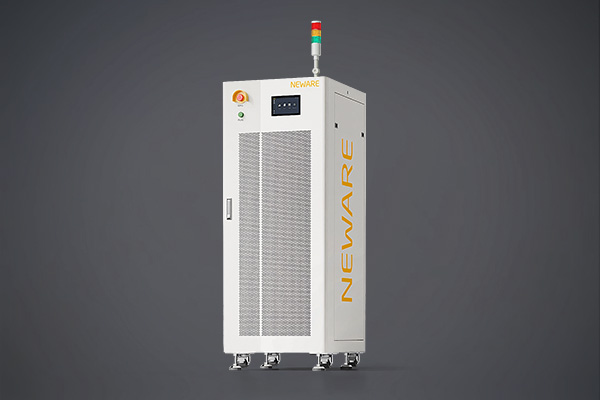
● Voltage & Current Accuracy:±0.05% F.S.
● Recording Frequency:100Hz
● Current Conversion Time:≤6ms
● Current Response Time:≤3ms
● Minimum Pulse Width:100ms
● Feedback Efficiency (Max) :75%
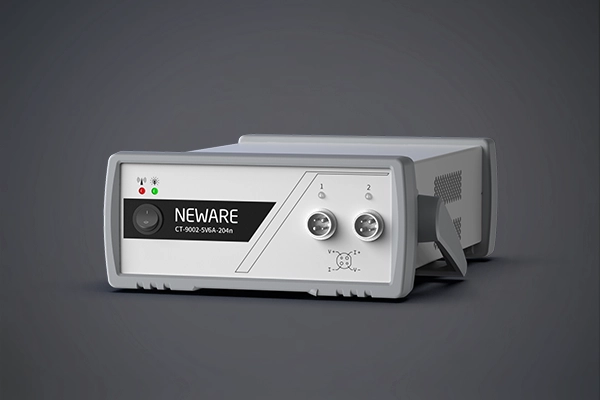
● Voltage & Current Accuracy:±0.02% F.S.
● Voltage & Current Stability:±0.01% F.S.
● Recording Frequency:1000Hz
● Resolution AD:16bit
● Current Response Time:≤100μs
● Off-Line Test: 1GB